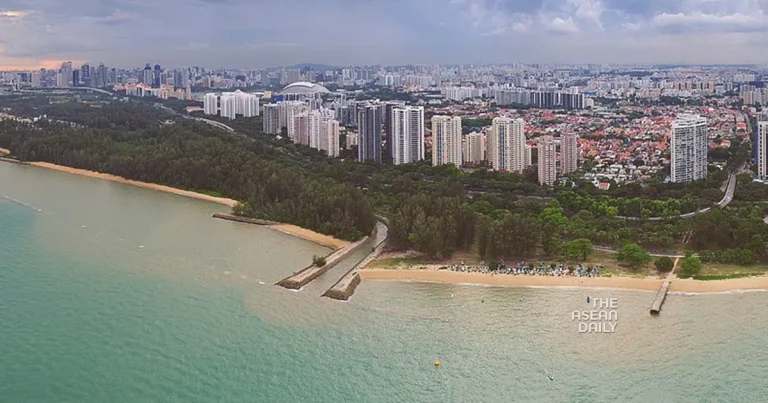4-9-2023 (SINGAPORE) Singapore’s Food Agency (SFA) has reassured the public that no contaminated food samples from Japan have been discovered in the wake of the recent release of wastewater from the Fukushima nuclear plant. This statement comes in response to concerns raised by a Wall Street Journal (WSJ) podcast titled “More Countries Ban Import of Japanese Food.”
The WSJ podcast, published on August 24, had erroneously stated that “Singapore has found radioactive contamination in vegetable samples from Japan.” SFA clarified that the podcast referenced a media release from the former Agri-Food & Veterinary Authority of Singapore in 2011, which is no longer relevant given subsequent developments.
It’s worth noting that the WSJ podcast referred to events from March 25, 2011, which occurred two weeks after the Fukushima nuclear disaster in Japan.
SFA emphasized that it has not detected any samples of contaminated vegetables from Japan or imposed bans on food products from Japanese prefectures in recent times. The agency reiterated its commitment to a science-based approach when assessing food safety risks.
Singapore enforces strict surveillance and monitoring of imported food, including radiation surveillance. Any food imports deemed unsafe or unfit for consumption are subject to enforcement actions.
In light of Japan’s decision to release Fukushima wastewater into the Pacific Ocean, Minister for Sustainability and the Environment, Grace Fu, stated on August 3 that SFA had been diligently monitoring food imports from Japan. She added that the National Environment Agency (NEA) assessed the situation and concluded that Japan’s planned discharge of treated radioactive water was unlikely to affect the seawater in or around Singapore’s waters. The radioactivity levels were reported to be within natural background levels.
On August 24, Japanese authorities began releasing treated water used for cooling the damaged reactors into the sea. The Japan Fisheries Agency reported that fish tested in waters around the Fukushima nuclear plant showed no detectable levels of radiation shortly after the release.
However, China responded by banning all Japanese seafood imports, while Hong Kong restricted “aquatic products” from ten Japanese prefectures. South Korea also witnessed protests involving approximately 50,000 people urging the government to take action. In a separate incident, arrests were made when protestors entered a building housing the Japanese embassy in Seoul.




